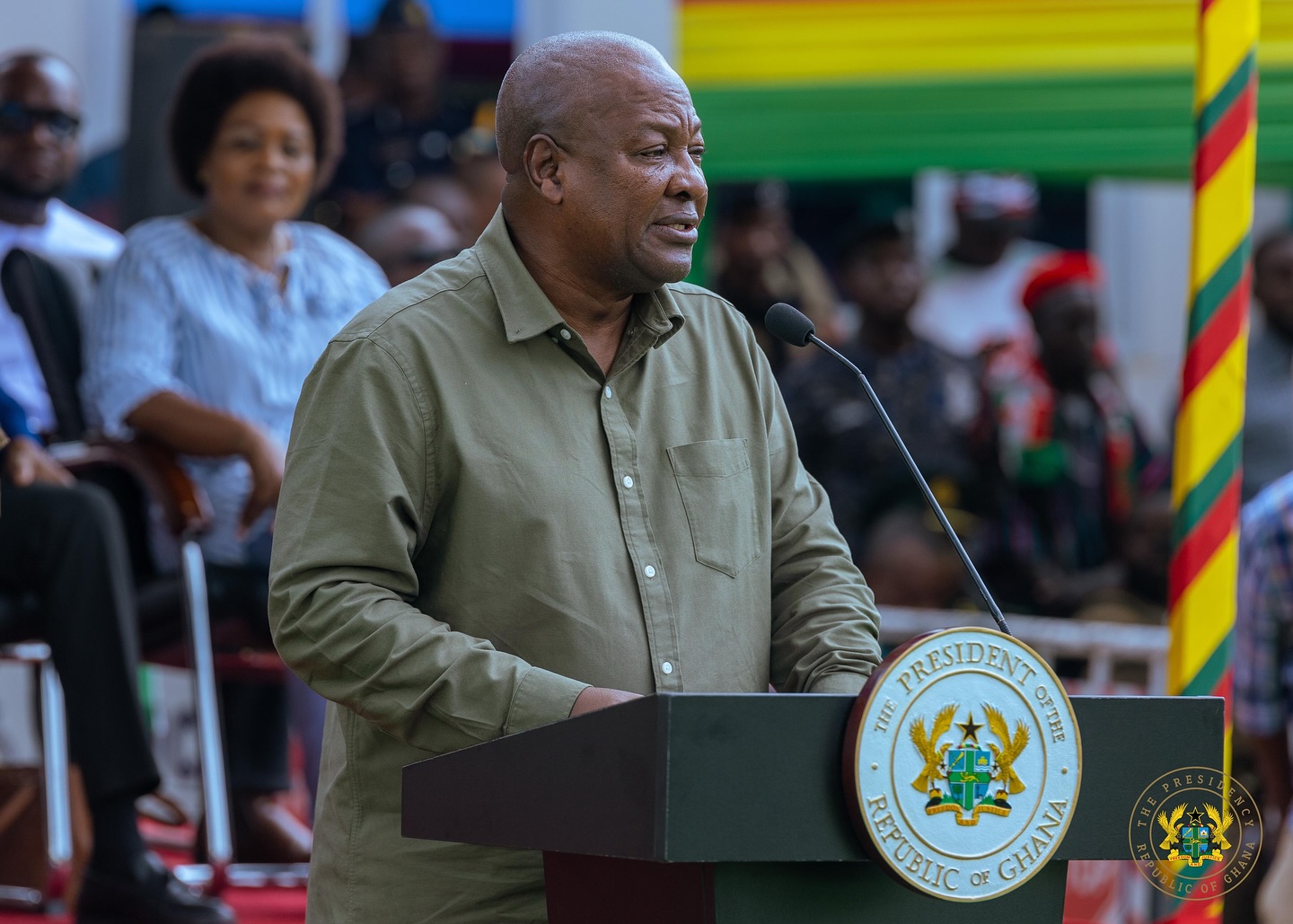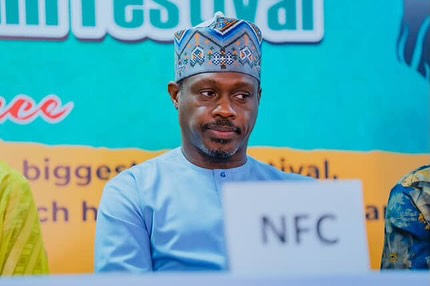President John Dramani Mahama has granted amnesty to 998 prisoners across Ghana, in a move that underscores the constitutional authority vested in the Presidency to exercise the prerogative of mercy.
The announcement was made following the recommendations of the Prisons Service Council, in consultation with the Council of State, and carried out in line with Article 72(1) of the 1992 Constitution.
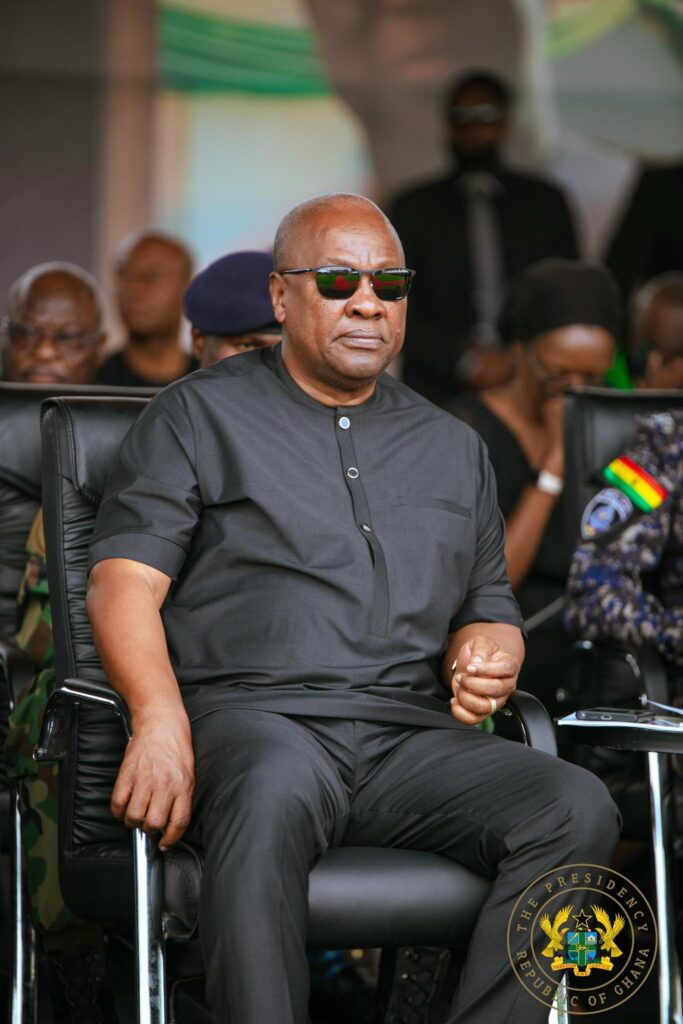
The amnesty, according to official sources, is part of ongoing efforts to promote justice, rehabilitation, and decongestion within the country’s prisons. Out of a total of 1,014 inmates recommended for pardon, the President approved 998 cases after careful consideration.
Presidential Spokesperson and Minister of Government Communications, Felix Kwakye Ofosu, confirmed the decision in a statement. He emphasized that the exercise reflects the government’s commitment to balancing justice with compassion, while ensuring that deserving prisoners are given a second chance to reintegrate into society.
Under Article 72(1) of the 1992 Constitution, the President of Ghana is empowered to grant pardons, remit sentences, or substitute less severe forms of punishment in deserving cases. This provision is typically exercised in consultation with relevant state bodies to ensure fairness and proper consideration.
The latest decision by President Mahama reaffirms this constitutional principle, offering relief to inmates who have demonstrated good conduct, shown evidence of reform, or whose continued incarceration was deemed unnecessary.
Ghana’s prison system has long faced challenges of overcrowding and inadequate facilities. The amnesty is therefore also viewed as part of broader measures to ease congestion and improve conditions for remaining inmates. Human rights groups have consistently called for reforms to address the welfare of prisoners, stressing that rehabilitation should be prioritized over punishment alone.
By granting amnesty to nearly a thousand inmates, the government is also signaling an openness to restorative justice approaches that seek to balance accountability with reintegration opportunities.
The announcement has been met with mixed reactions from the public. While many Ghanaians have applauded the move as a gesture of compassion and mercy, others have raised questions about the criteria used to select beneficiaries. Legal analysts point out that such exercises must be carefully managed to maintain public trust, ensuring that those pardoned are truly deserving and pose no threat to society.
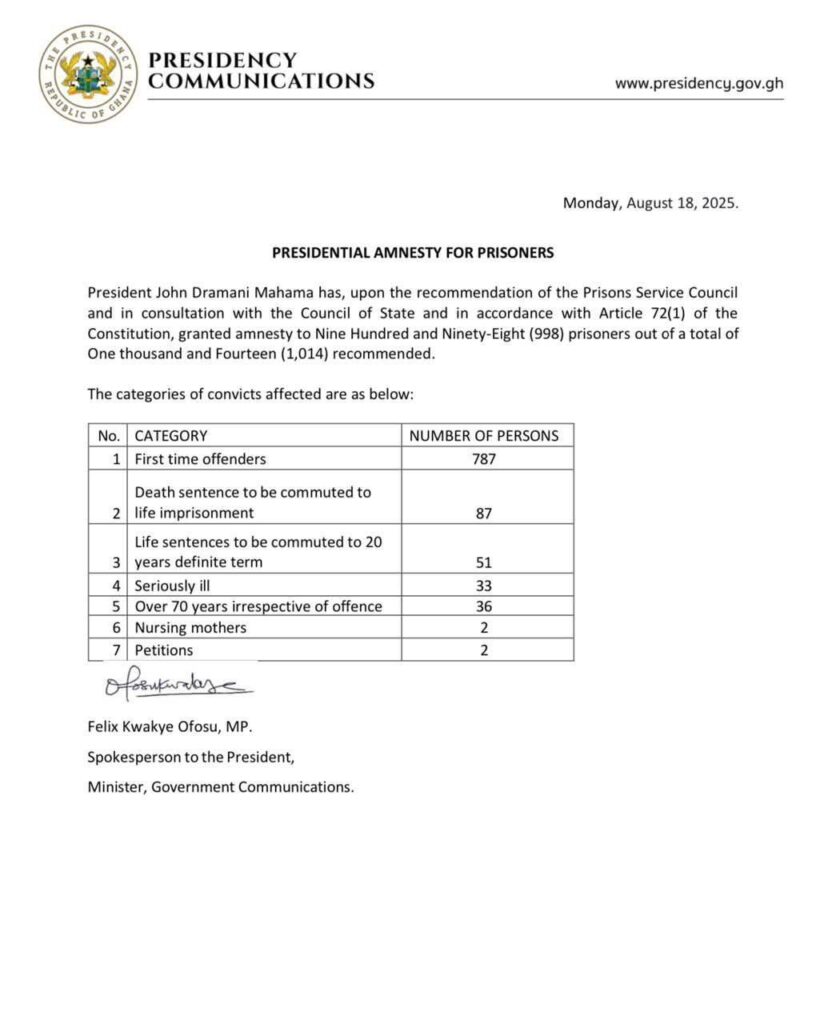
Supporters argue that the decision aligns with Ghana’s tradition of using amnesties during significant national milestones or as part of efforts to humanize the justice system. Critics, however, caution that amnesties should not become routine substitutes for deeper reforms within the criminal justice and prison system.
For the freed prisoners, the amnesty presents a new opportunity to rebuild their lives and contribute positively to their communities. Reintegration, however, remains a challenge, with calls for increased government and civil society support in areas such as counseling, vocational training, and community acceptance programs.
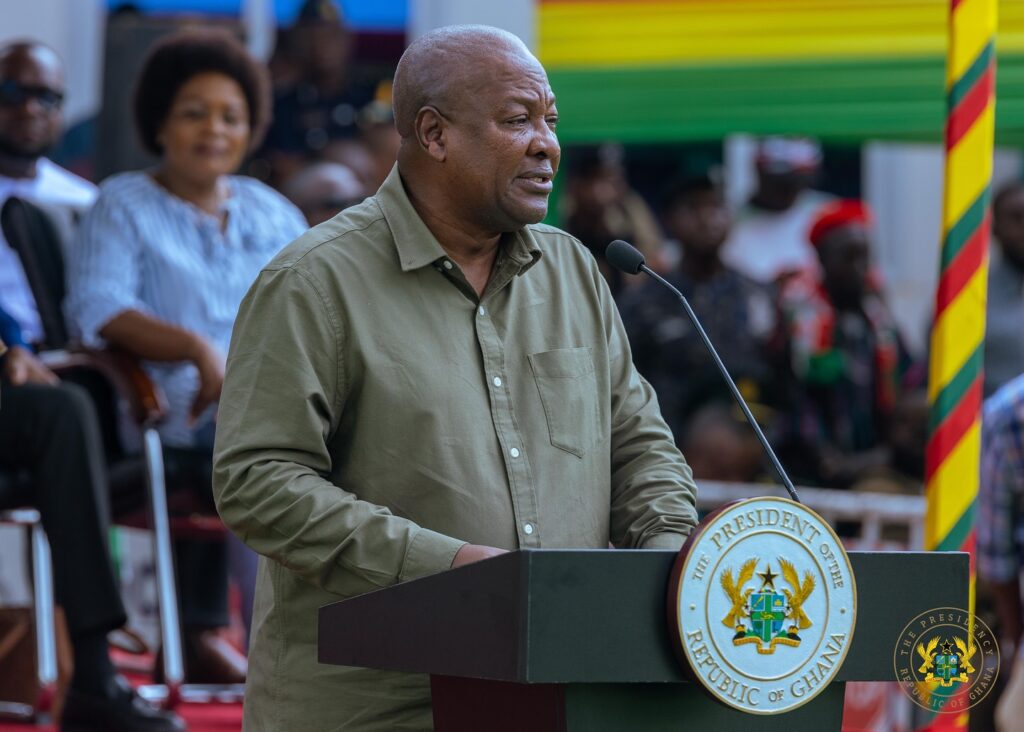
President Mahama’s decision highlights the delicate balance between justice and mercy, reminding the nation of the human face behind incarceration statistics. As Ghana continues to reflect on its justice system, this act of clemency may also inspire discussions on sustainable reforms to strengthen rehabilitation, reduce recidivism, and uphold human dignity.

